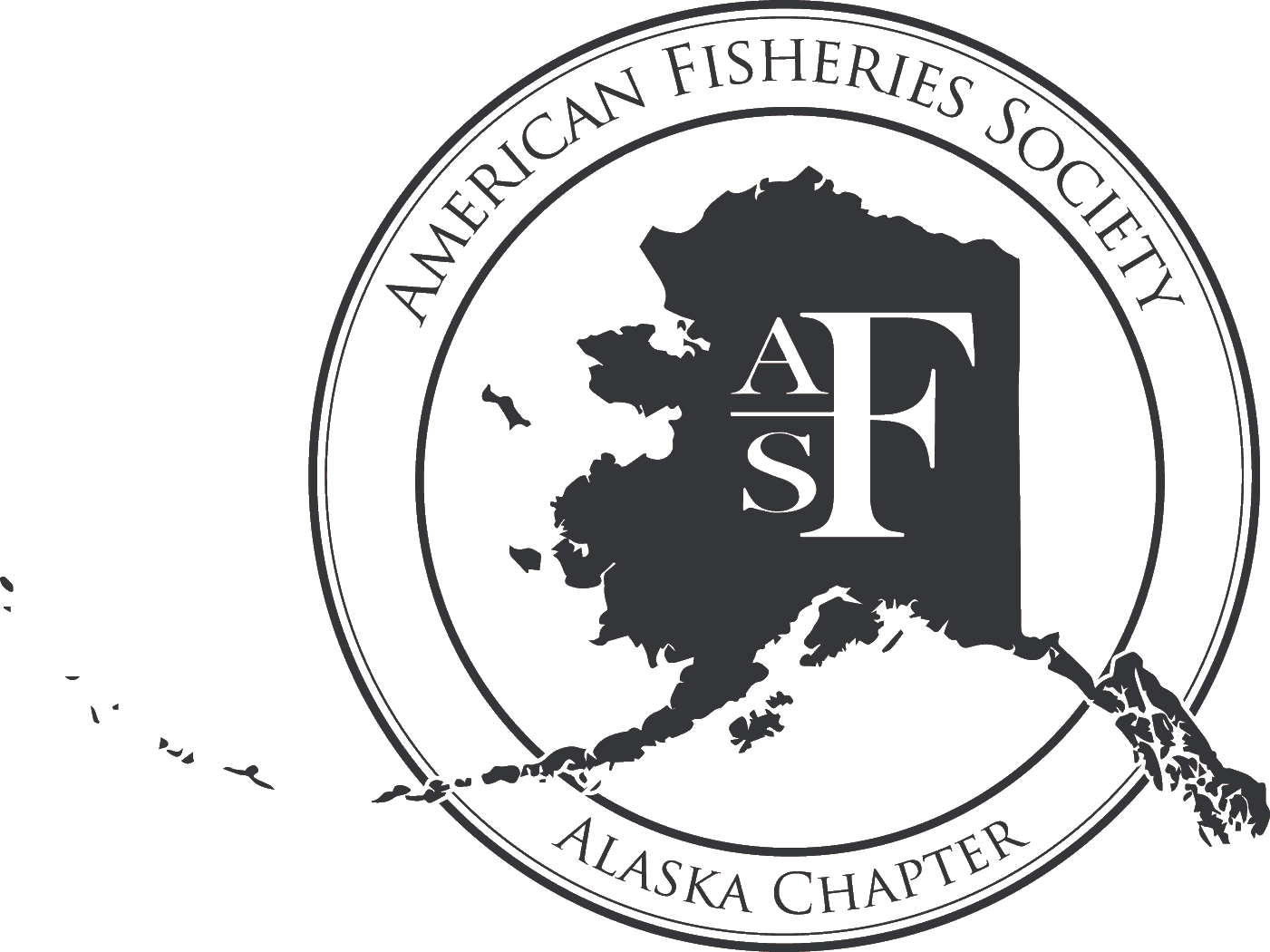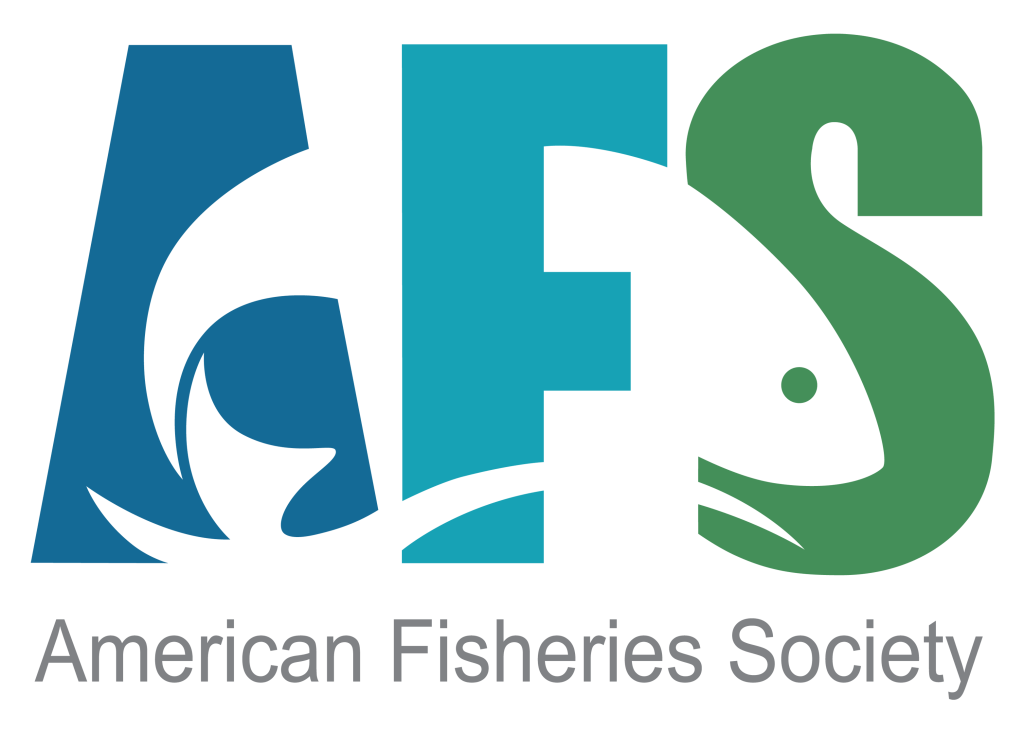We have five great workshops lined up in Fairbanks this year.
Course 1: Electrofishing courses:
Course Dates: Monday, March 20th, 2016 – Morning 8am to Noon, Afternoon 1pm to 5pm
Registrations for morning and afternoon classes are separate. You can take one or both, but need to register for both if desired.
Instructor: Jim Reynolds
Course Registration Fee (AFS student/non-student):
Morning or Afternoon class:
$35/$40 (if registration on/before February 24th)
$40/$50 (if registration after February 24th)
Course Participants: Min 8 – Max 24
Morning: POWER-BASED STANDARDIZATION IN ELECTROFISHING
The recent AFS book, “Standard Methods for Sampling North American Freshwater Fish“, emphasizes the growing importance of sampling standardization in fisheries science and management. Standardization of electrofishing, a common sampling method, requires an understanding of electrical principles, particularly power transfer theory.
This half-day course will be presented in three 70-minute sessions with two intervening 15-minute breaks. Basic electrical principles, including power transfer, will be covered in the Session 1; elements of power-based standardization in Session 2; and development of standardized power procedures in Session 3. The course will give participants an overview of the proper approach to the standardization of electrofishing, regardless of method (e.g., boat, backpack).
Afternoon: ELECTROFISHING MEASUREMENTS AND TROUBLE-SHOOTING
Modern electrofishing equipment is complicated and expensive. Biologists often do not have the electrical expertise necessary to evaluate their equipment. This course is aimed at providing basic training to enable one to measure electrical output and features that are important to effective and safe operations. It is also aimed at procedures to diagnose problems with equipment in the field, either to correct the issue or to determine that repairs by the manufacturer are required.
This half-day course will be presented in three 70-minute sessions. Participants will learn the proper use of a conductivity meter, digital multi-meter, hand-held oscilloscope, electrical current probe, and voltage gradient probe. They will become familiar with the contents of a proper field tool kit for an electrofishing operation. They will use these devices to measure and test the electrical output of electrofishing equipment.
Course 2: Water Egress Course ******CANCELED******
Sponsored by the Alaska Chapter of the American Fisheries Society and the U.S. Department of Interior
Course Dates: Sunday, March 19th, 2016 7am-4pm
Instructor: David Kreutzer, U.S. Department of Interior
Course Registration Fee (AFS student/non-student):
$25/$30 (if registration on/before February 24th)
$30/$40 (if registration after February 24th)
Course Participants: Min 10 – Max 20
Description: The Water Ditching and Survival module teaches the student the proper procedures to follow in the event of aircraft ditching. The module gives the student the skills needed to safely egress and reach the surface of the water. The module includes the use and familiarization of personal flotation devices (PFDs). Life raft and water survival techniques are stressed. The module is divided into two segments: academic and hands-on in-water exercises. The student will experience a water dunker that puts them in a simulation of a ditched aircraft. This module is for those who fly beyond power-off gliding distance from shore. Note: For the pool portion of this module, students are encouraged to wear what they would normally wear while flying.
Format: The morning section of this class (7-11am) will be in a classroom setting and the afternoon section of this class (12-4pm) will include hands-on in-water exercises.
To participate in this class, students must sign up on the link- www.iat.gov. The student will need to create a profile before being able to sign up for the course. The student should sign in using FWS as there ORG in their profile and use your current supervisor in your profile.
Course 3: Passive Integrated Transponder (PIT) Tagging Field Methods ******CANCELED******
Sponsored by the Alaska Chapter of the American Fisheries Society and the U.S. Fish and Wildlife service
Course Dates: March 19th-20th 2017 8am-4pm
Instructors: Joshua Ashline, Jonathon Gerken, and Jim Boersma – U.S. Fish and Wildlife Service
Course Registration Fee (AFS student/non-student):
$50/$60 (if registration on/before February 24th)
$55/$65(if registration after February 24th)
Course Participants: 10 – 18
Description: Day one of this class (March 19) will be classroom based. Instructors will present case studies of Alaska based projects which utilized PIT tags, PIT tag study designs, antenna array site selection, antenna array power source options, and PIT tag interrogation options (HDX, FDX). Day one will conclude with antenna construction techniques. The class will build and test both FDX and HDX PIT tag antennas.
Day two (March 20th) will be held at the Alaska Department of Fish and Game’s Ruth Burnett Sport Fish Hatchery. Class participants will learn proper PIT tagging procedures and have the opportunity to practice tagging on live juvenile Coho Salmon.
Lunch on your own and in the field on day 2.
Course 4: UAV-based Remote Sensing
Sponsored by the Alaska Chapter of the American Water Resources Association
Course Dates: March 19th-20th 2017 8am-4pm
Instructors: TBD (ACUASI, Aquilo)
Course Registration Fee (AFS student/non-student):
$70/$75 (if registration on/before February 24th)
$75/$85 (if registration after February 24th)
Course Participants: 10 – 18
Description: This class will be held on the University of Alaska Fairbanks campus.
Day one of this class (March 19) will include classroom and field time. Instructors will present case studies of Alaska based projects which utilized UAVs, the types of remote sensing data that can be collected, the benefits and drawbacks of this format, as well as other pertinent information on how to utilize this technology. Day one will conclude with a demonstration of UAVs in the field.
Day two (March 20th) will be held at the University of Alaska Fairbanks. This will be a hand’s on opportunity to work with data collected by the UAV as well as go into more detail regarding the type of data collected, processing requirements and types of UAVs.
Lunch on your own both days.
For more information go to:
http://state.awra.org/alaska/ameetings/2017am/uav-workshop.html
Course 5: Ice Jam Processes and Ice Discharge Measurements
Sponsored by the Alaska Chapter of the American Water Resources Association
Course Dates: March 19th-20th 2017 8am-4pm
Instructors: Johnse Ostman (USGS), Dave Brailey (Brailey Hydrologic) and Dr. Jon Zufelt (HDR)
Course Registration Fee:
$125 before February 24/$135 after February 24
$80 for Students (must be a student member of AFS or AWRA) before February 24/$85 after February 24
Course Participants: 15 – 25
Description: The course will be held at the Westmark Hotel in downtown Fairbanks.
This class will cover general river ice processes, under-ice discharge measurement techniques used by the USGS and others, the computation and interpretation of winter flow records, and ways to incorporate river ice processes, including freeze-up and breakup, into engineering and environmental projects in Alaska.
Lunch on your own both days.
For more information or questions contact Erica.betts@pdceng.com

